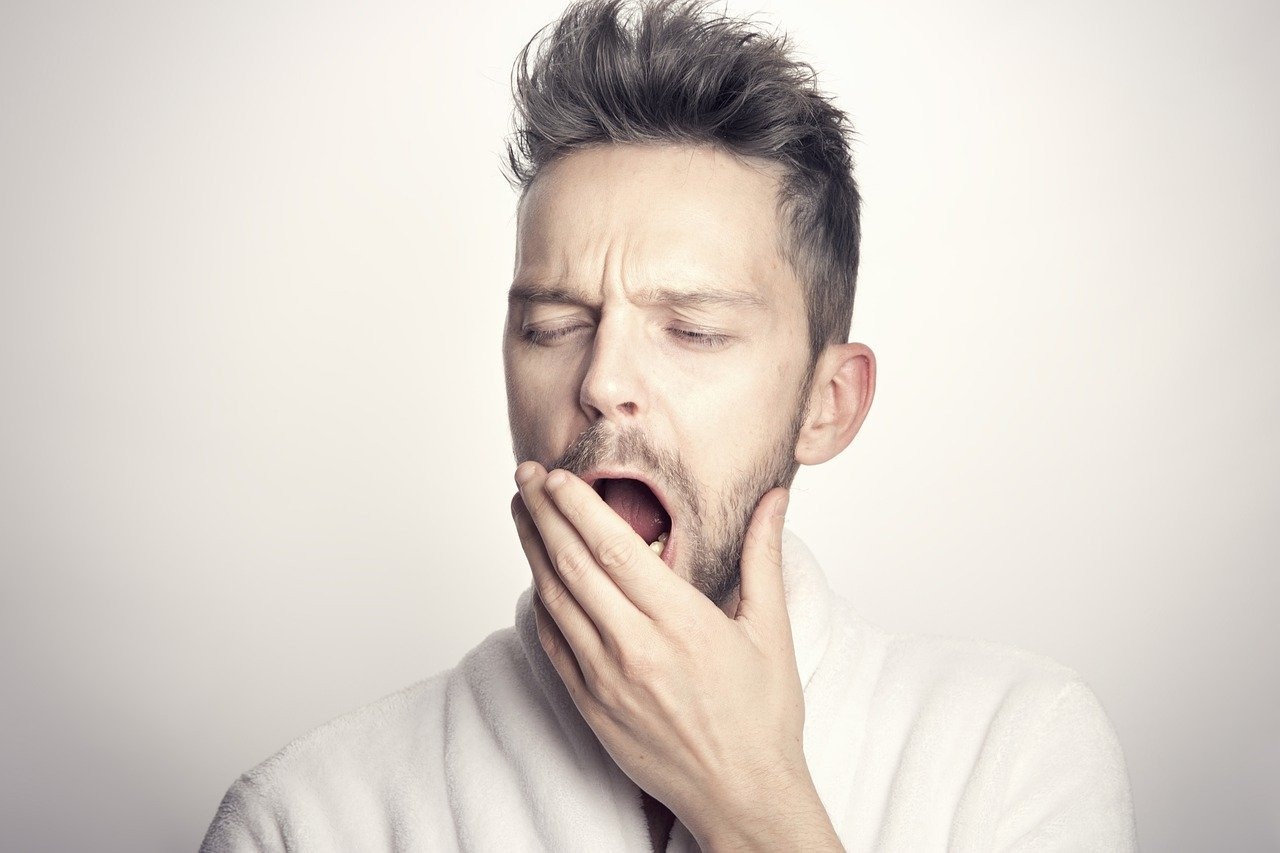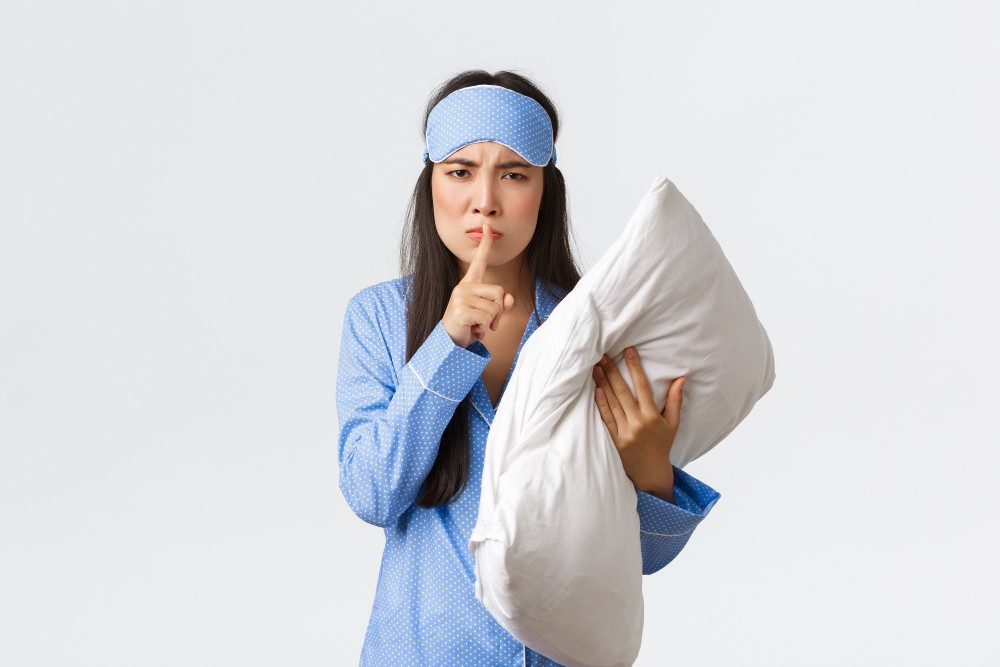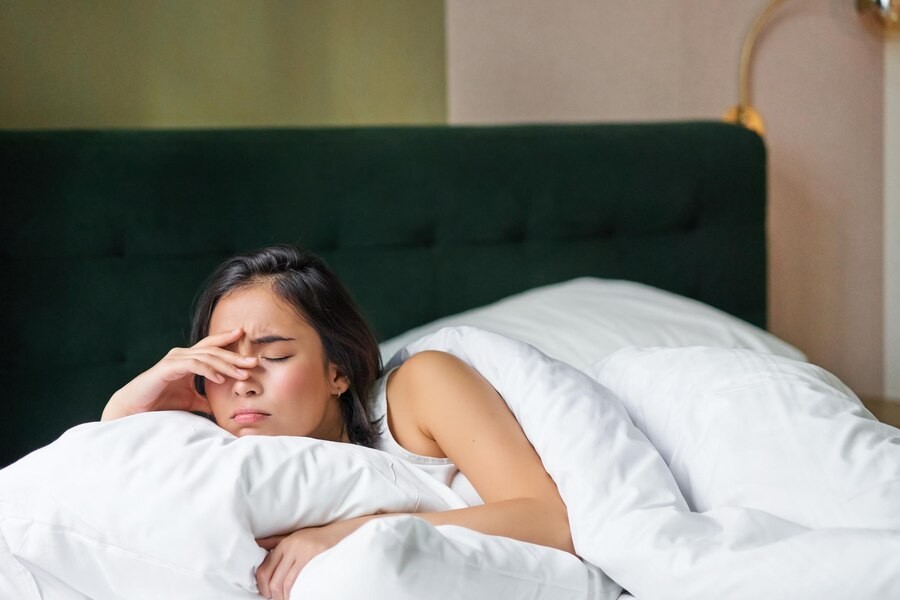The body has its own ways of indicating health issues, including sleep deprivation. In addition to feeling drowsy, yawning often, and experiencing fatigue, there are other signs the body may show when it lacks sleep. If these signs arise, it's essential to make time for rest.
Signs of sleep deprivation
On average, adults require 7-8 hours of sleep each day. Yet due to hectic schedules, many individuals sleep less than their bodies truly need. This situation leads to feelings of weakness, fatigue, and drowsiness.
Your body may also exhibit the following symptoms to indicate that you're not getting enough sleep:
- Weight gained
Numerous studies indicate that insufficient sleep can contribute to obesity. Sleep deprivation prompts the body to elevate the hunger hormone (ghrelin) while reducing the satiety hormone (leptin). Consequently, individuals lacking sleep often consume more food and may struggle with weight gain.
On the other hand, a lack of sleep can also slow down metabolism and inhibit calorie burning. This also causes a person to gain weight more easily.
- Easier to get sick
When you sleep, your immune system produces cytokines, a type of protein that helps protect your body from infection. When you don't get enough sleep, your immune system can impact the production of these cytokine hormones, compromising your immune system.
- Easier to forget
Have you noticed any recent forgetfulness? If yes, it might be worth evaluating your sleep quality. During sleep, the brain consolidates daily experiences and learning into short-term memory. Sufficient sleep also supports the brain's capacity to store memories, aiding in nerve repair for optimal function. Insufficient sleep disrupts this memory consolidation process, leading and forgetfulness.
- Stress and irritability
If you frequently experience stress and unexplained irritability, it might indicate insufficient sleep. Studies indicate that sleep deprivation can impede emotional regulation and increase stress levels. This relationship between stress and lack of sleep can create a cycle. If you seek support in managing stress, consider reaching out to a psychologist or psychiatrist for assistance.
- Acne and dull skin
Sleep deprivation can affect not only your psychological health but also your skin health. Sleep-deprived people tend to experience impaired production of the hormone cortisol, which can make the skin look older.
Cortisol, a stress hormone, has the potential to damage collagen, a protein crucial for skin elasticity. When sleep is lacking, cortisol levels rise, making skin appear more wrinkled and lackluster. Insufficient sleep may elevate estrogen levels, contributing to skin issues such as acne.
These are telltale signs of inadequate sleep. Generally, adults need around 7-8 hours of sleep per day. If you're falling short of this, it's important to pinpoint the reasons and make lifestyle enhancements accordingly.
If you need medical advice or consultation, you can either visit a doctor or make use of the consultation features that are available in the AI Care application by downloading the Ai Care application from the App Store or Play Store.











